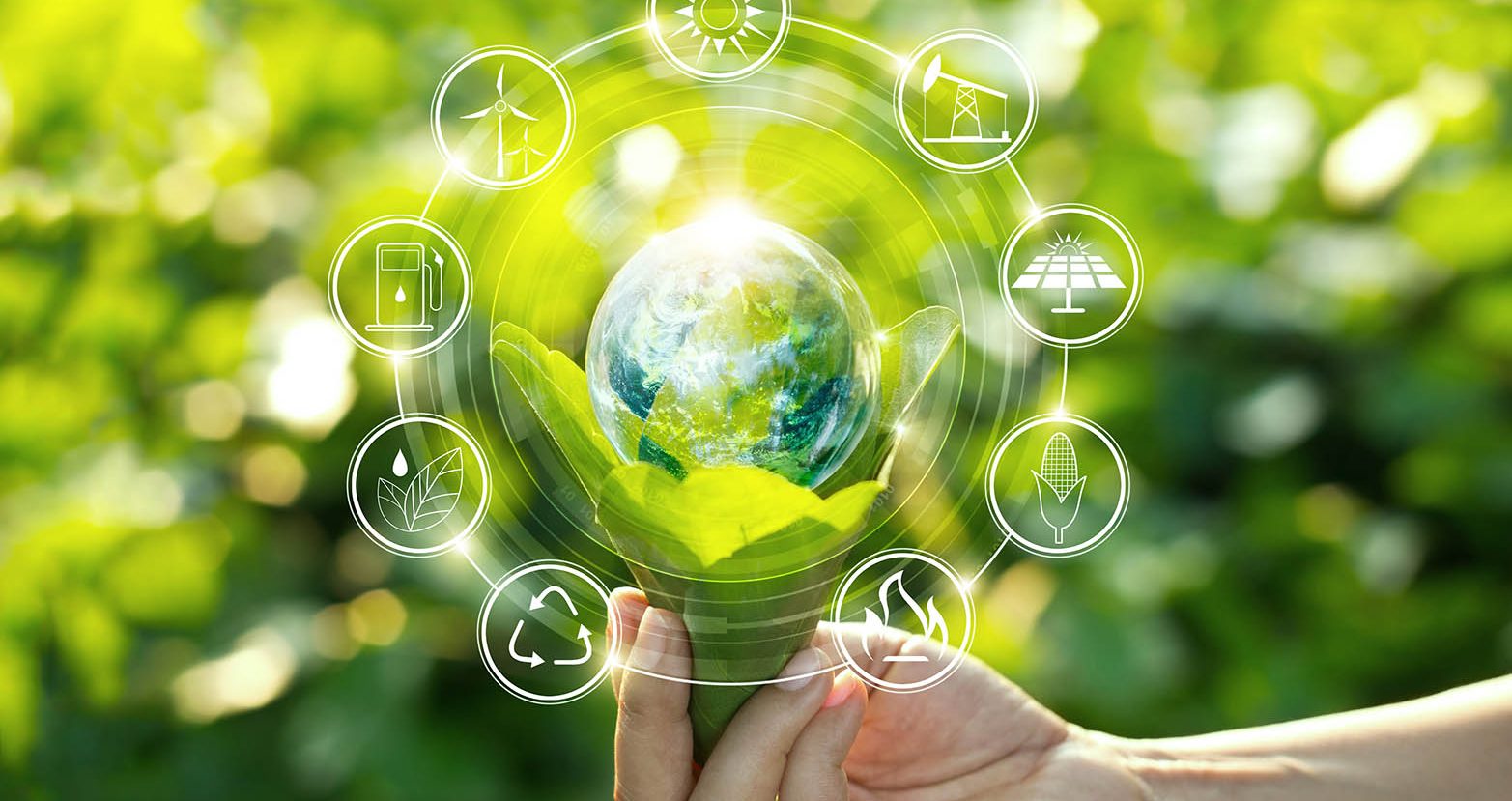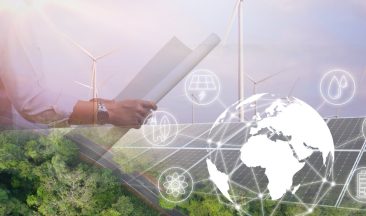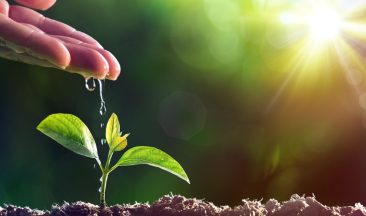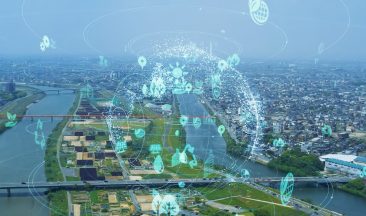Sustainable Development may be a catchphrase for international aid agencies, the jargon of development planners, the theme of conferences and academic papers, as well as the slogan of development and environmental activists, but what does it really mean?
Sustainability means meeting our own needs without compromising the ability of future generations to meet their own needs.
People, Planet, and Profit
Put another way, it is about managing People, Planet, and Profit – otherwise known as the triple bottom line. Sustainability is not just environmentalism. It includes the integration of environmental health, social equity, and economic vitality to create thriving, healthy, diverse, and resilient communities for this generation and generations to come.
History of Sustainability
From the second half of the 19th century, Western societies started to realize that their economic and industrial activities had a significant impact on the environment and the social balance.
In 1968 the ecologist and philosopher Garret Hardin argued that if individuals act independently, and pursue their individual interests, they’d end up going against the common interests of their communities and exhaust the planet’s natural resources
In 1987, recommendations from the Stockholm conference and Brandt Commission, the World Commission on Environment and Development produced its report ‘Our Common Future.
The Earth Summit held by the United Nations Conference on Environment and Development in Rio de Janeiro in 1992 was the largest gathering of heads of government that the world had ever seen.
The World Summit on Sustainable Development (WSSD) – took place in Johannesburg, South Africa in 2002 and laid the foundation for the UN’s 17 Sustainable Development Goals in 2015, to be achieved by 2030.
Why Sustainability Matters
Regardless of who we are, where we live, and what we do, we all have a moral obligation to each other, future generations, and other species to sustain the planet. Our present choices and actions have huge long-term impacts on future generations.
Sustainability improves the quality of our lives, protects our ecosystem, and preserves natural resources for future generations.
Implementing and promoting sustainable practices ensures that we make ethical choices that bring a safe and livable future to everyone. If we deplete the resources of the Earth, future generations themselves will be depleted.
The Three Pillars of Sustainability
The concept of sustainability has been distilled into 3 major contributors. These pillars are a powerful tool for defining and supporting the complete concept of sustainable development. The three pillars are economic (profit), social (people), and environmental (planet). If one pillar is weak then the entire system becomes unstable and unsustainable.
Environmental Sustainability
Ecological integrity is achieved when all of the earth’s environmental systems are kept in balance while natural resources within them are consumed by humans at a rate at which they can replenish themselves.
Environmental sustainability allows us to satisfy our current needs without compromising the quality of the environment/ecosystem in any way so that it remains equally capable of supporting future generations too.
Economic Sustainability
Human communities across the globe can maintain their independence and have access to the resources that they require to meet their needs.
We must use, safeguard, and sustain human and material resources to create long-term sustainable values by optimal use, recovery, and recycling.
Social Sustainability
It is also important to consider human welfare, community wellbeing, and longevity.
A community is composed of people as well as the places where they live; it is as much a social environment as a physical environment.
Communities must not only be environmentally sustainable. They must also be socially sustainable with access to enough resources to keep their families and communities healthy and secure.
UNs 2030 Agenda for Sustainable Development
In 2015, the United Nations created 17 Sustainable Development Goals and aimed to achieve them by 2030. These 17 UN SDGs have been agreed upon by all 193 United Nations Member States and aim to end poverty, ensure prosperity, and protect the planet. These goals establish a clear global framework for tackling some of the world’s greatest challenges to a sustainable future.
You may be interested in:
The role of agriculture in making the future more sustainable
Sustainable solutions for energy storage
The 17 UN SDGs in a Nutshell
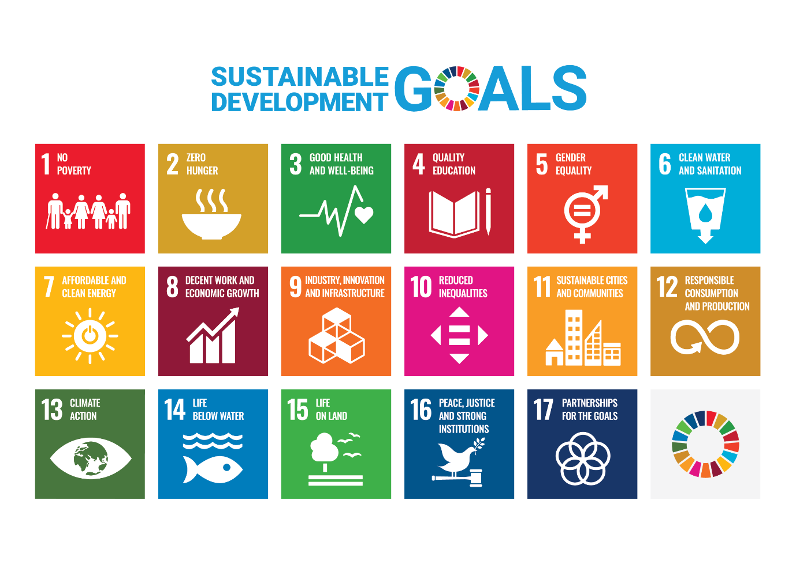
- No Poverty – End poverty in all its forms everywhere by 2030.
- Zero Hunger – End hunger, achieve food security and improved nutrition, and promote sustainable agriculture.
- Good Health and Wellbeing – Ensure healthy lives and promote well-being for all, at all ages.
- Quality Education – Ensure inclusive and equitable quality education and promote lifelong learning opportunities for all.
- Gender equality and women’s empowerment – Achieve gender equality and empower all women and girls.
- Clean Water and Sanitation – Ensure availability and sustainable management of water and sanitation for all.
- Affordable and Clean Energy – Ensure access to affordable, reliable, sustainable, and modern energy for all.
- Decent Work and Economic Growth – Promote sustained, inclusive, and sustainable economic growth, full and productive employment, and decent work for all.
- Industry, Innovation, and Infrastructure – Build resilient infrastructure, promote inclusive and sustainable industrialization, and foster innovation.
- Reduced Inequalities -Reduce inequality within and among countries.
- Sustainable Cities – Make cities and human settlements inclusive, safe, resilient, and sustainable.
- Responsible Consumption and Production – Ensure sustainable consumption and production patterns.
- Climate Action – Take urgent action to combat climate change and its impacts.
- Life Below Water – Conserve and sustainably use the oceans, seas, and marine resources for sustainable development.
- Life on Land – Protect, restore, and promote sustainable use of terrestrial ecosystems, sustainably manage forests, combat desertification, halt and reverse land degradation, and halt biodiversity loss.
- Peace, Justice, and Strong Institutions – Promote peaceful and inclusive societies for sustainable development, provide access to justice for all, and build effective, accountable, and inclusive institutions at all levels.
- Partnerships – Strengthen the means of implementation and revitalize the global partnership for sustainable development.
ICL’s Sustainability Vision
Today, global businesses are not only expected to be profitable; they must also exert a positive influence on the environment, human health, and the communities in which they operate.
At ICL, we are constantly developing new and sustainable technologies to provide farmers, growers, and manufacturers with a wide variety of high-performance plant and crop nutrition solutions to create stronger and healthier agricultural crops.
Our vision includes ambitious goals aimed at addressing major challenges facing society and the global environment.
ICL’s Goals for 2030
- Reduce Absolute Green House Gas emissions by 30% by 2030
- Increase share of renewable energy consumption to 50% by 2040
- Increase circular economy and water savings impact by additional 3% recycling of waste streams per year
- Support community initiatives by contributing 1% of income (before tax)
- Promote personal environmental responsibility and volunteering of our employees
“ICL is proud to be a leader in sustainability practices, including becoming the first company in Israel and among its peers to execute a sustainability linked loan – a logical next step in our mission to transform from a company that extracts minerals to a company that uses its minerals to create sustainable solutions for humanity,” said Raviv Zoller, president, and CEO of ICL.
ICL Planet was created as an innovation catalyst to advance and nurture game-changing technology companies active in addressing critical global needs and making a positive and sustainable environmental impact.
In a world that constantly demands more from less with an emphasis on sustainability, ICL, as an industry ESG leader has positioned itself at the forefront, responsibly advocating for the protection of our planet by creating innovative sustainable solutions in agriculture, food processes, and industrial products.
